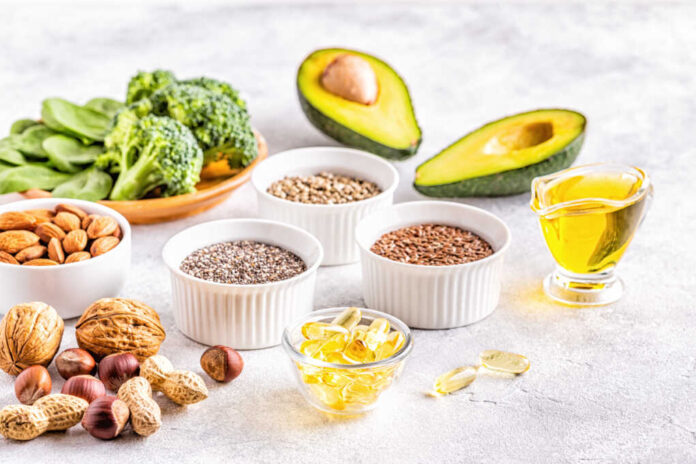
Researchers from the National Institutes of Health conducted a recent study finding that ketogenic and vegan diets can play a significant role in immune system response.
This two-week study using 20 participants revealed that dietary intervention can shift a person’s immune response regardless of genetics, age, sex, ethnicity, race, and even body mass index.
The ketogenic diet created adaptive immunity responses in participants, which is pathogen-specific immunity that occurs from regular exposure and vaccines. The vegan diet provoked innate immunity responses, aka your body’s first line of defense within the first hours and days of exposure to a new pathogen.
Significant changes in the microbiomes of these participants were also recorded. The ketogenic diet reduced the amino acid metabolism within their microbiomes.
Keto vs. Vegan Diets: Macronutrient Differences
During this two-week study, participants were allowed to eat as much as they wanted.
The vegan diet consisted of about 10% fat and 75% carbohydrates, consuming fewer calories than their counterparts on the keto diet, which consisted of approximately 76% fat and 10% carbohydrates.
A review of this study indicates that certain factors within each diet studied, such as genetics and specifically nutrigenomics of each, impact immune function.
This study included a small number of participants, making it unclear how the results apply to a broader population.
Keto Diet – Effects on the Immune System
A ketogenic, or keto, diet includes foods high in fat and low in carbohydrates and sugars.
Keto diets work by forcing the body to break down fat for energy, resulting in the production of molecules called ketones, which the body uses for fuel. This process can also stimulate weight loss.
Participants who followed the ketogenic diet experienced an up-regulation of pathways linked to adaptive immunity. The keto diet led to more widespread changes in participant’s immunity, metabolism, and gut microbiome than those following a vegan diet.
Vegan Diet – Effects on the Immune System
Vegan diets eliminate all animal products, including meat, eggs, and dairy. In place of these foods, people following vegan diets eat a lot of fruits, vegetables, beans, nuts, and seeds.
This diet has been linked to weight loss, improved heart health, and a reduced risk of chronic diseases such as type 2 diabetes and cancer.
Findings from this study suggest that following a vegan diet can increase the production of red blood cells and dietary iron.
Takeaway
The findings of this study support the powerful role diet plays in immune function and microbiome health.
It is unclear how these results generalize to a boarder population since this study only included a small number of participants. There are challenges in terms of long-term sustainability with both keto and vegan diets, so it is also unclear how long boosted immunity can be affected.


















